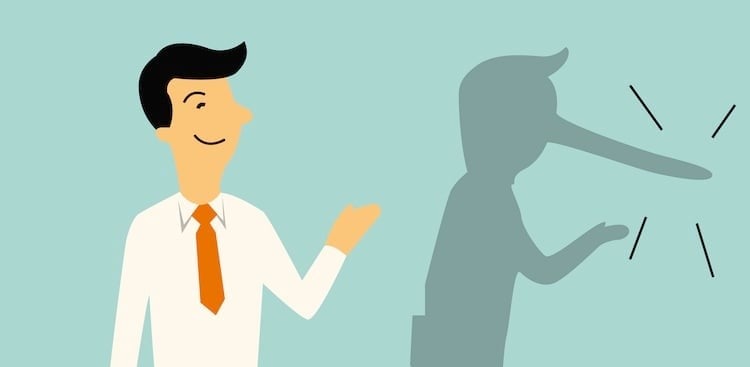
Online profiles allows us the ability to connect with friends, coworkers, new acquaintances, or even prospective employers in a manner that we want them to see. We create our profiles based on how we want to be presented to others. We share our best hand-selected pictures and our favorite attributes. Much like our resumes.
The Virtual World can be notorious for deception. Between online dating, internet chatrooms, and various blogs... the trust of the internet can be very questionable. Lots of vetting has to take place to insure accurate information. Especially when using internet sources for work and school. Professional oriented sites, such as LinkedIn, allow people to upload their Resumes and create career focused social media profiles in order to form connections for the purpose of networking.
Now, people are able to publish their Resumes in an environment that is notorious for fostering deception, giving people the opportunity to enhance their self-presentation. LinkedIn allows you to manage what other people are able to see.
One may be inclined to think that Resumes Profiles on LinkedIn would contain more inaccuracies and deception than on paper. However, studies and research show that Resumes posted on LinkedIn are more honest.
However, the Consequences for lying in resumes can be devastating, and career ruining. Yet... people still do it! "One resume consulting service suggested that 43 percent of [traditional resumes evaluated contained significant inaccuracies" (Guillory & Hancock, 2012). However, "Compared with traditional resumes, Linkedin resumes were less deceptive about the kinds of information that count most to employers, namely an applicant’s prior work experience and responsibilities, but more deceptive about interests and hobbies" (Guillory & Hancock, 2012).
Why is this the case? Peers and previous employers can see peoples profiles. In order for someone's profile to be considered valid... their profile has to have connections and some sort of "proof" that what this person is saying is true. However, things that are not verifiable such as hobbies and interests are said to be "more likely to be deceptive". LinkedIn, has a page that allows people to report false information and false profiles as well. Therefore, people are more likely to be called out if they aren't being truthful. LinkedIn also allows people to endorse your page and write comments about you. These are huge indicators about someone.
As I look at my profile as well as my friends profiles on LinkedIn, I notice very accurate information about people's work experience. I see short concise job descriptions along with peer endorsements verifying that person's work experience.
In this day and age, everything we do online can be archived forever. Things may be hidden, but it is all too easy for someone to gain access to something that you've posted or something that someone else has posted about you. It is important to take into consideration that anything you say or do, at anytime can and will be used against you in the future. With that in mind, it is important to ensure you are honest and set a good example to others.
If you want to make yourself look better to others, make your self better. Work hard, and go get the experience that you want to claim. It takes one Lie to make you a Lier, and one Lie to make someone never trust you again.
Reference:
No comments:
Post a Comment